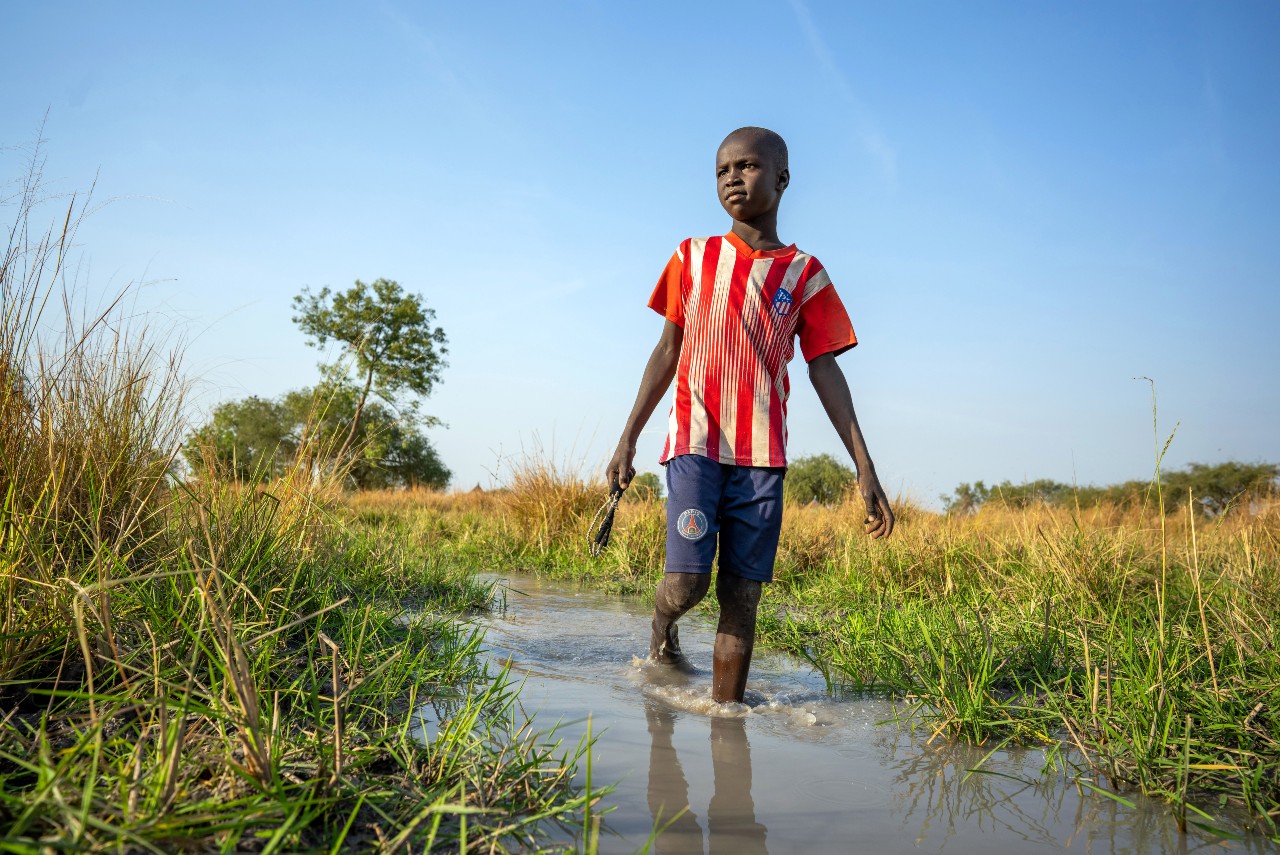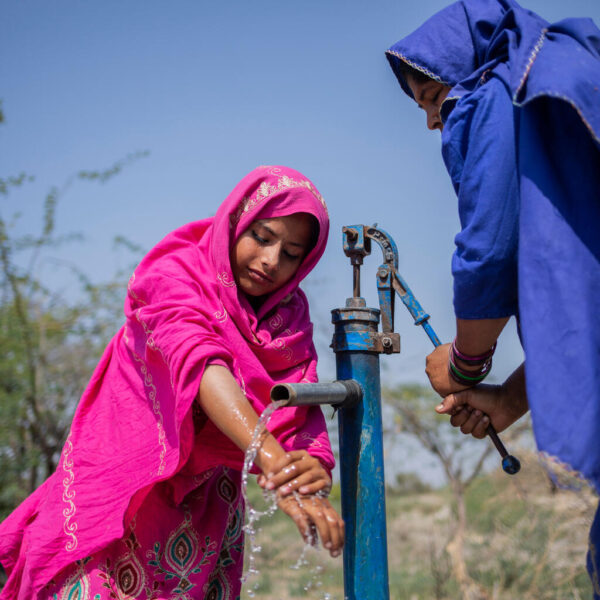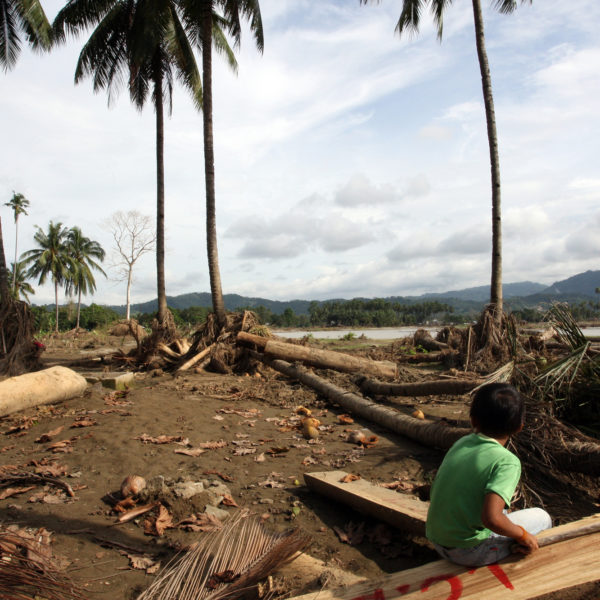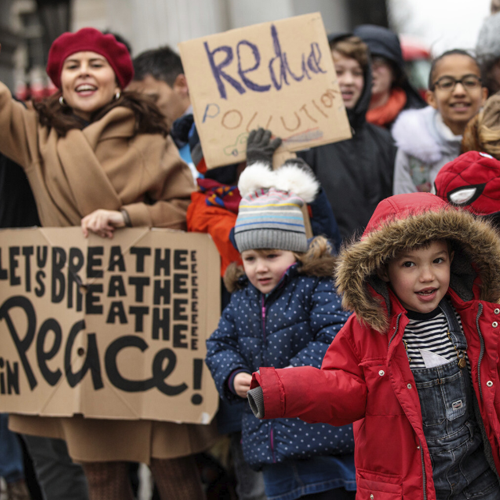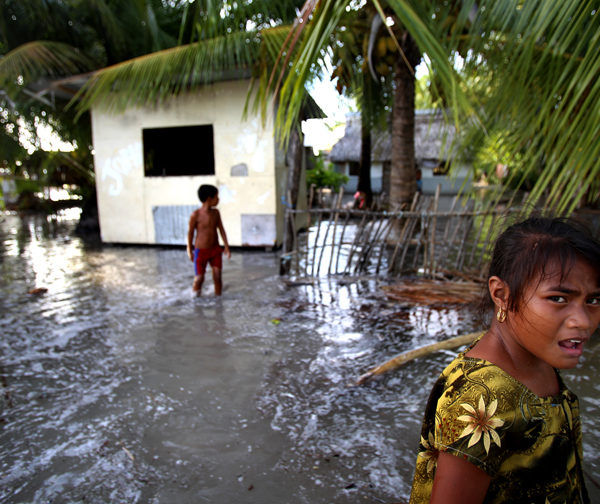
Climate change is endangering and threatening children’s futures
In some ways, climate change can seem like an abstract problem, a crisis so big that its potential effects can be hard to fathom. But the truth is that we are already living through it.
UNICEF’s groundbreaking Children’s Climate Risk Index (CCRI) in 2021 showed that nearly all children are already exposed to at least one major climate and environmental hazard, shock or stress.
Nearly half of all children in those countries are considered to be at an extremely high risk from the impacts of climate change. The growing number of extreme weather events globally is already putting more and more children’s lives on the line.
recent examples are plentiful. 2022 saw the deadliest flooding in Pakistan in more than a decade due to heavier-than-usual monsoon rains. Meanwhile, human-driven climate change has played a key role in multiple failed rainy seasons in the past few years in Somalia, Ethiopia and Northern Kenya and Uganda.
The worst of these hazards will likely affect those who are already part of the most marginalised communities.
To them, climate change is anything but abstract. When floods hit, houses and health clinics are destroyed. When droughts occur, children, especially girls, spend less time in school because they must walk further to collect water. Rising sea levels and toxic air pollution turn children’s communities—the places where they should find sanctuary and safety—into hazardous environments to grow up in.
These aren’t issues that can wait and we are working tirelessly to help solve them right now.

1 billion children are at extremely high risk to the impacts of climate change.
Find out more about the Children's climate risk indexClimate Change in Guatemala
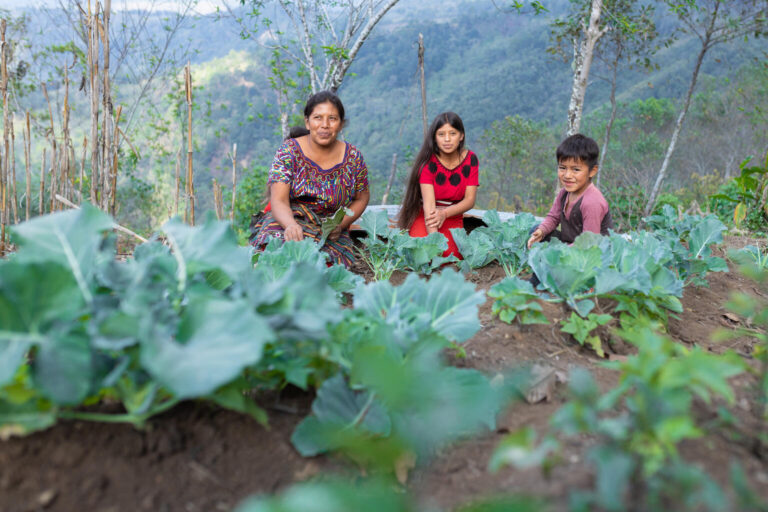
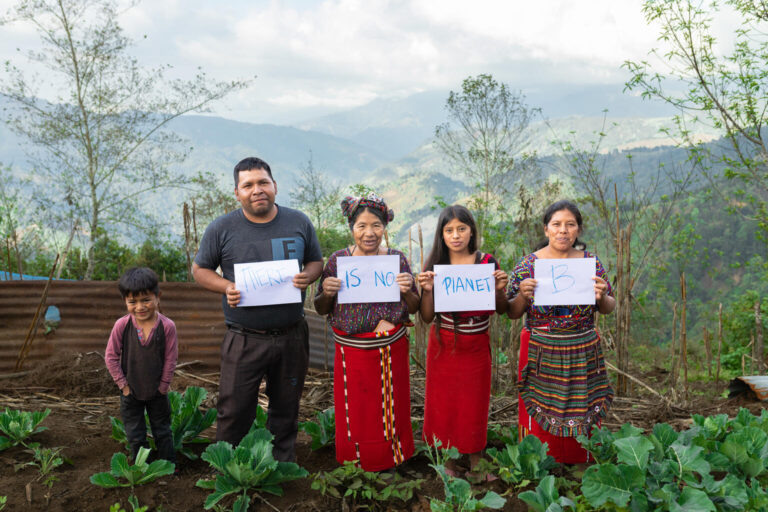
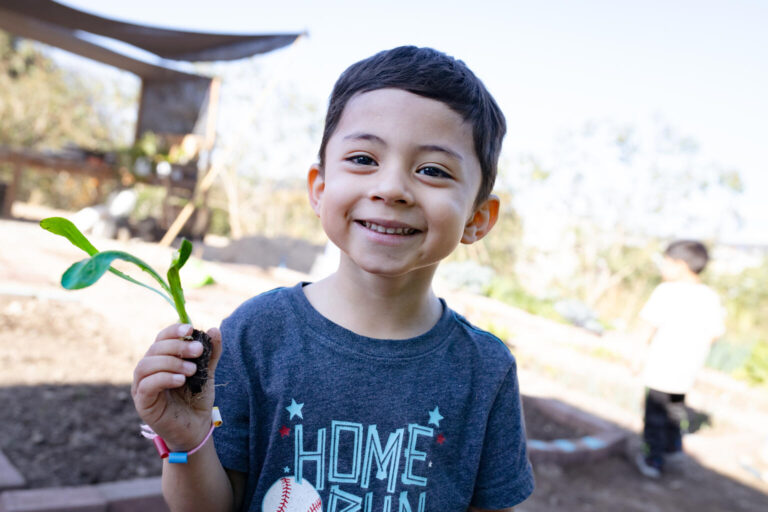
Children are Sounding the Alarm on Climate Change
Children are aware that their future is on the line and all across the world they are taking action, from marching on peaceful demonstrations to making speeches at the UN. It is up to us to listen.
That’s why we’re fighting for their right to be heard. In the UK we’ve campaigned for children’s right to breathe clean air, lobbying the government to reduce toxic air levels. In Zambia, child-led advocacy programme Unite4Climate is supporting children to become climate ambassadors.
We fight to make sure children’s voices are central in high-level discussions about climate and the environment. We use our strong influence to work with governments in 190 countries striving to ensure that they stick to their climate and environment goals and help them to develop even more ambitious programmes that better protect children.
Want to add your voice?
Our 2023/2024 Outright campaign provides teaching resources for schools, clubs and home schoolers to learn more about how climate change is impacting children and how children can do something about it.
Support UNICEF and help us build a more sustainable future for children
By supporting UNICEF you can help protect children from the effects of climate change, fight for their voices to be heard and build a sustainable future.
Find out more about climate change and UNICEF's work



